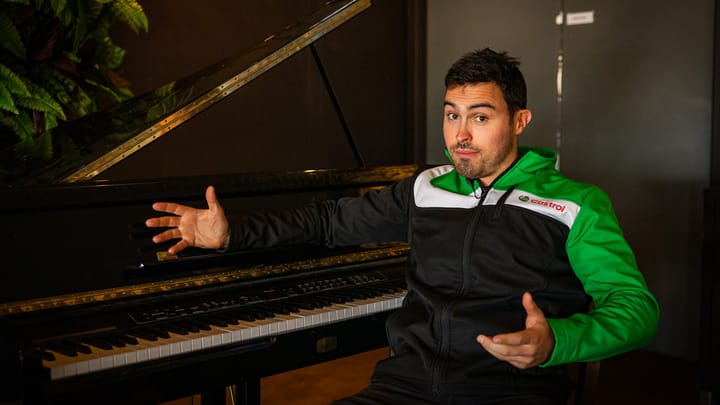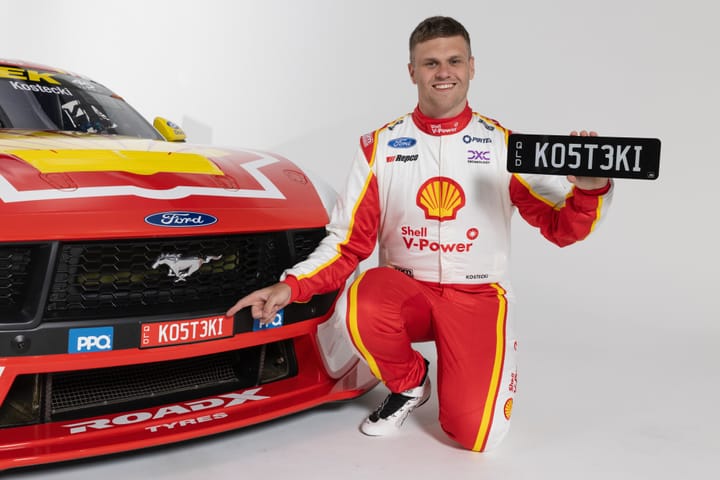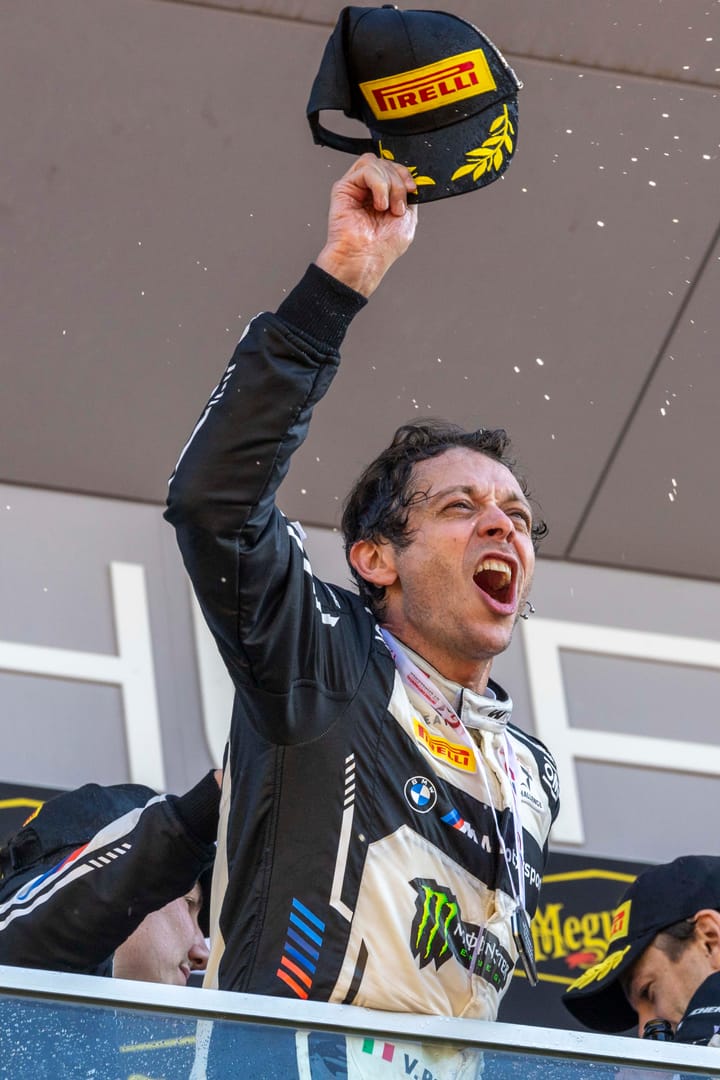Supercars Needs Car Czar
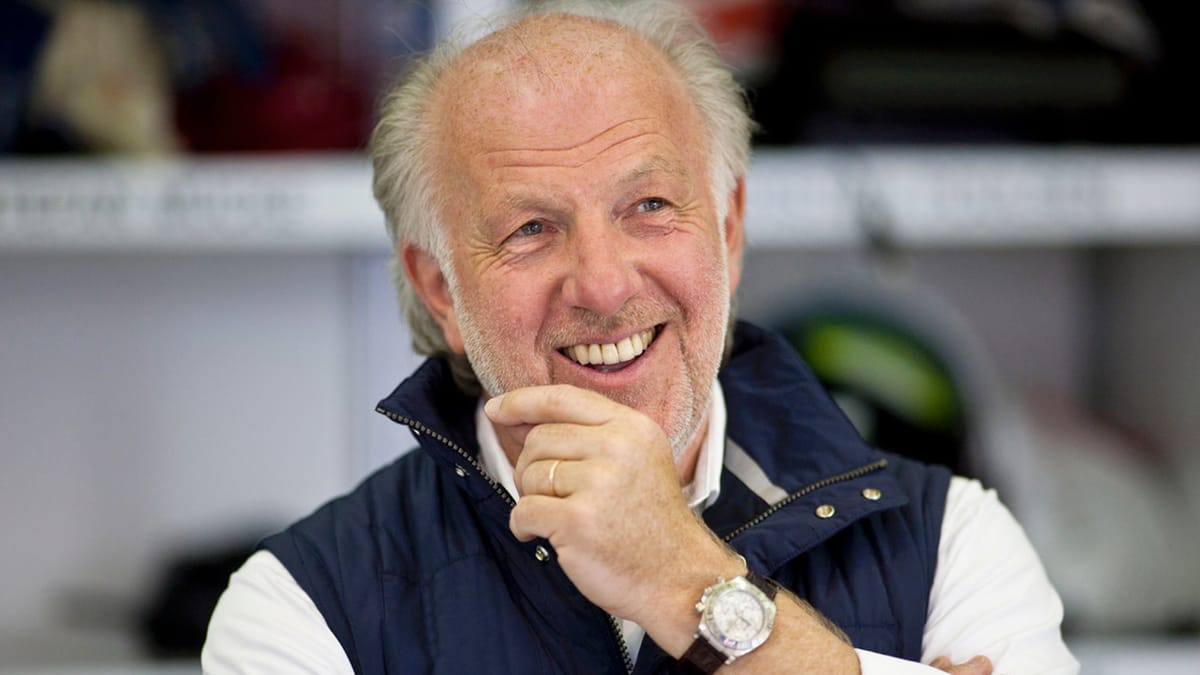
The future of Supercars needs to be in the hands of a Bernie Ecclestone-style championship czar, according to former team chief David Richards.
The man who led Ford Performance Racing and was chairman of Prodrive in Australia believes Supercars needs strong leadership to carry it through the post Ford-Holden manufacturer era and into the new Gen3 phase from 2022.
Richards says Australia has an opportunity to re-invent its premier class to not only keep fans and sponsors happy but to stay relevant with new technologies such as hybrid drivetrains.
“Sometimes I get the feeling that Supercars is being pulled from pillar to post by different groups with different vested interests and that it needs a ‘Bernie Ecclestone’ type to take the route forward,” Richards tells Race News from his competition headquarters in Britain.
Richards helped to steer Ford Australia’s V8 Supercar program for a decade from 2003, turning the former Glenn Seton Racing into a fully-fledged factory operation that has since morphed into Tickford Racing.
“It would be wrong of me to comment in any serious way without all the knowledge of being on the spot, but I maintain an interest as I spent a lot of time setting up FPR with a tremendous crew of people. Rod Barrett (former FPR Commercial Director and FPV GM) used to feed me most of the information about what was going on after I left, but sadly we lost Rod in January, though I still keep an interest in Supercars.”
Richards began in motorsport as a rally co-driver before establishing Prodrive in Britain to prepare Porsches for desert rally in the Middle East in 1984.
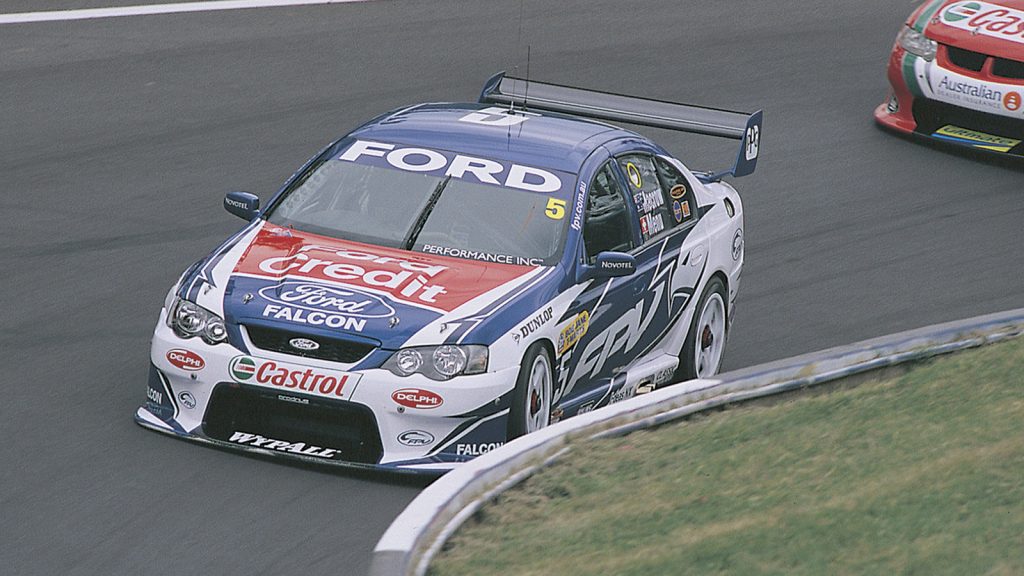
Since then Prodrive has competed in rallying, touring cars, Le Mans, sports cars, rallycross, Formula One and V8 Supercars, winning five World Rally Championships for Subaru, with Richards also briefly running the Benetton F1 team and helping to take BAR Honda to second in the F1 World Championship behind Ferrari in 2004 with Jenson Button finishing third,
“I think I have a short attention span,” Richards says, highlighting his long career in global motor racing.
He sees the upcoming Gen3 situation in Supercars as similar to other forms of touring cars.
“I worry a bit about the future of production based motorsport like touring cars because we’re in a very difficult time with the motor industry,” Richards says.
“If you look at Alan Gow running British Touring Cars (BTCC), he has found a real sweet spot. They might not have the glamour of V8 engine, and maybe are not as spectacular, but they have a full grid, the costs are reasonable, it’s on live TV and it’s a flourishing championship.
“He told me last week that they’ve signed new TV contracts for the next five years so he’s done a great job and it’s been a consistent approach because it’s largely been directed by one person.”
The COVID-delayed BTCC kicked off at Donington Park on August 3, running in FIA NGTC rules that haven’t changed in a decade for production-based, 2-litre turbocharged sedans and hatchbacks fitted with common suspension, brakes, aero and wheels.
The 2020 grid is a mix of BMW 3-Series, Honda Civic Type-Rs, Hyundai i30N, Vauxhall Astras, Toyota Corollas and Ford Focus STs with five manufacturers committed.
“Electric technologies is the next step but I worry that, if I’m the marketing manager of a large car manufacturer, how do I justify spending money going racing when there are so many other things that influence the purchase of a car today.
“I don’t think the way we structure motorsport is supportive of that and we’ve got to learn from it. Motorsport has been a proving ground for technologies for over 100 years and a marketing platform for new technologies to sell to the public whether that’s been a performance addition or safety items.
“Would the Audi Quattro have become the car it is without motorsport? Quite simply, no.”
He sees a different pattern now in touring cars.
“I’m concerned that the focus has moved in the past decade away from technology and towards entertainment and that requires a different strategy,” Richards says.
“Entertainment means equalising everybody to make it interesting, but that loses the technology platform we built motorsport on which we need to get back. We need to find ways to promote new technologies and it’s only then that car manufacturers will wake up and realise they need to get involved again.”
The BTCC will introduce hybrids from 2022 with the electric motor being used to give a Formula One-style power boost but without the huge costs.


